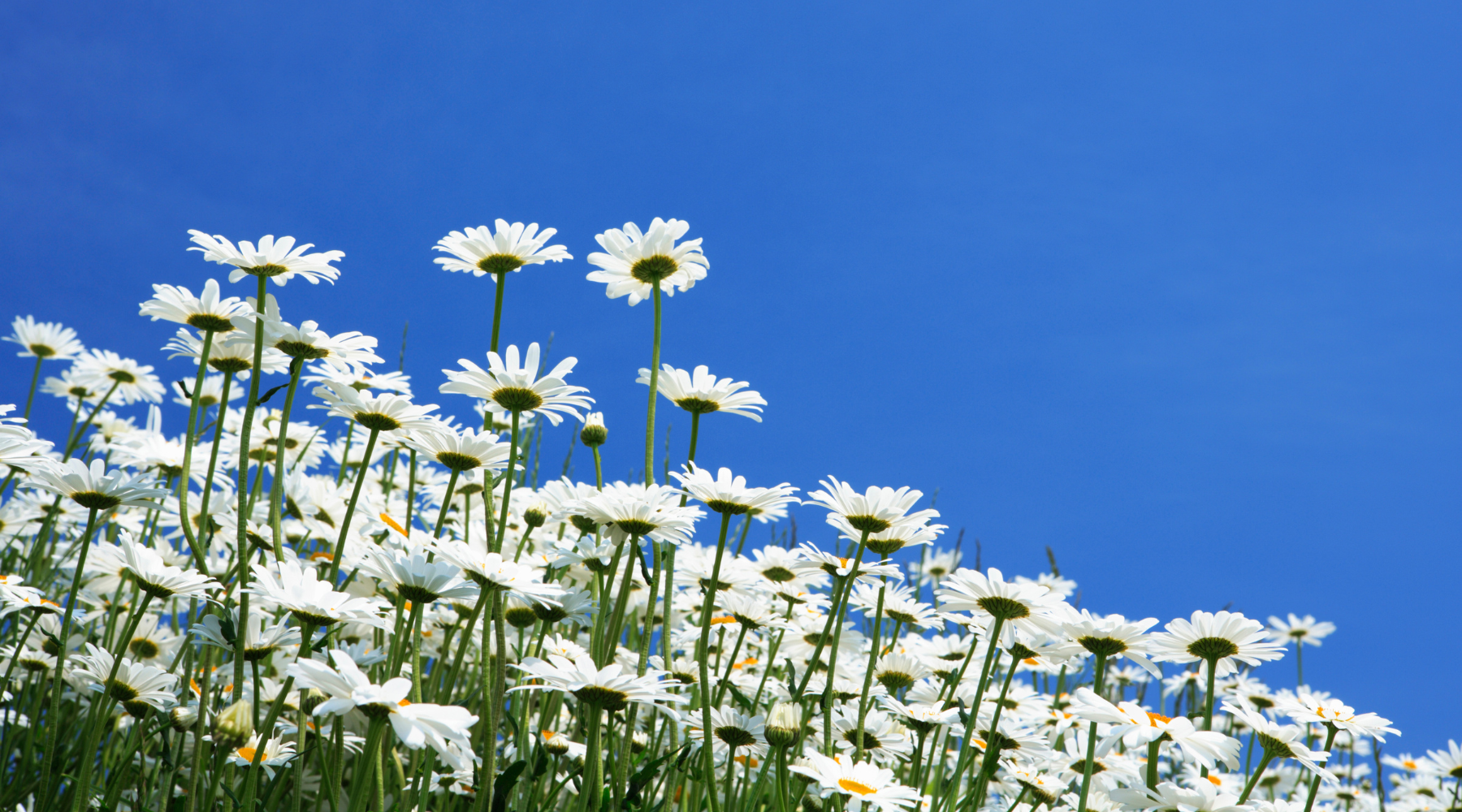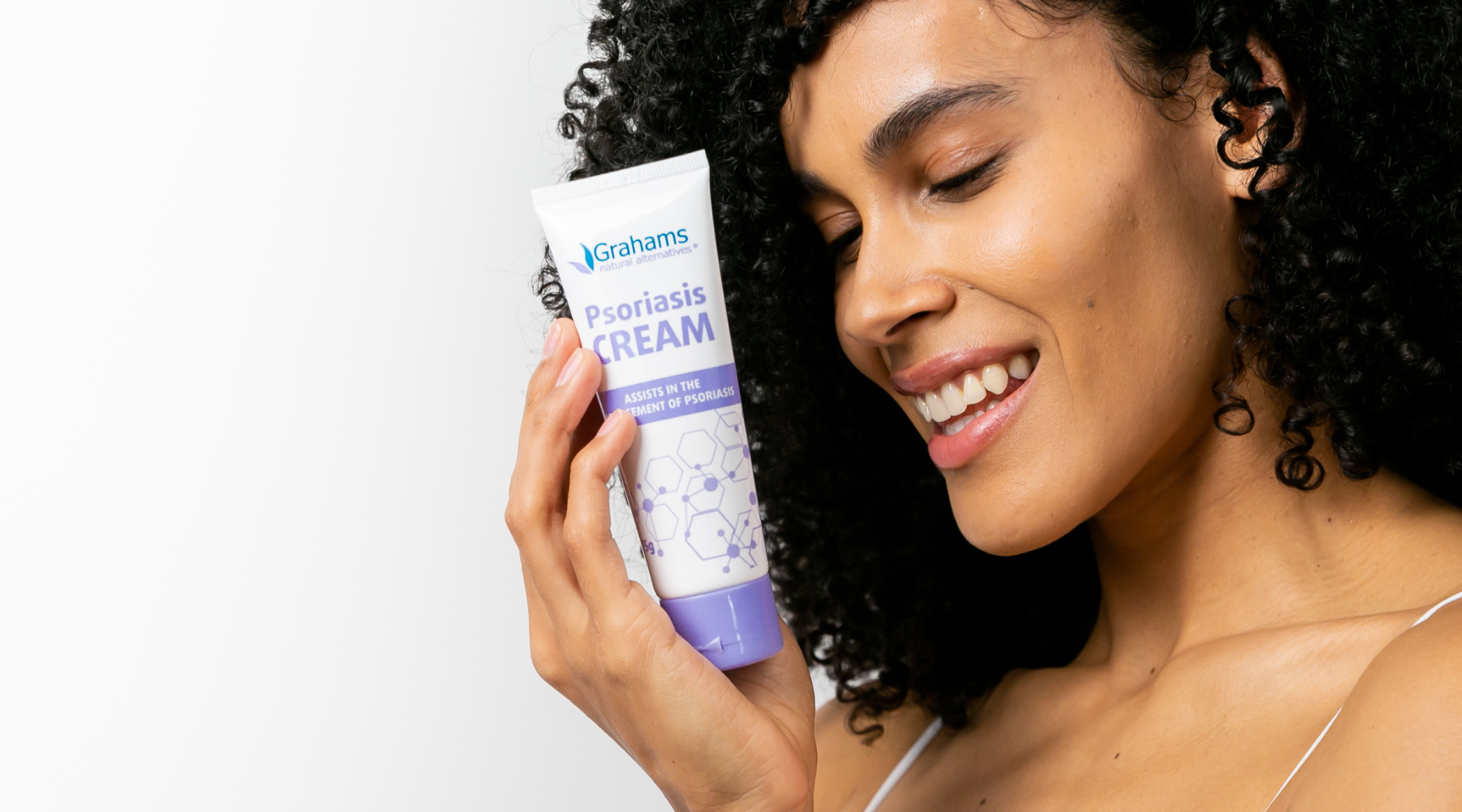Winter Weather & Eczema Prone Skin
15/11/22
Why does your eczema become worse during Winter?
Keep reading to find out.

Eczema is a common skin condition which causes red, itchy, and inflamed skin. It can occur at any age and affect any part of the body.
Winter can be a particularly difficult time for those who struggle with eczema, as the dry, cold air can exacerbate symptoms (1).
What Is Eczema?
Eczema, also known as atopic dermatitis, is a skin condition which causes red, itchy, and inflamed skin. It is often accompanied by dryness, scaling, and cracking of the skin as well. The skin condition is not contagious and cannot be spread from person to person, contrary to popular belief.
Eczema is a type of inflammatory skin condition. In those who struggle with eczema, the immune system overreacts to certain triggers, such as irritants, allergens, or stress, and causes inflammation in the skin.
This inflammation leads to the characteristic redness, itching, and swelling associated with eczema (2).
It is a condition which can affect people of any age, but it is most common in infants and children. It is commonly observed that many adults grow out of the childhood condition and may only experience rare flare ups in their older years.
Winter & Eczema
Winter can be a challenging time for people with eczema, as the dry, cold air can exacerbate symptoms. The low humidity levels found in many indoor environments during the Winter can also contribute to dry, itchy skin.
Additionally, certain activities that are common during the winter months, such as taking hot showers or baths and wearing heavy clothing, can further irritate the skin and worsen eczema symptoms.
As well as the cold, windy conditions can strip the skin of its natural oils and moisture, leading to dryness and irritation.
Managing Eczema During The Winter
There are several strategies that can help manage mild eczema during the winter months (3):
Use a humidifier: Humidifiers add moisture to the air, which can assist in keeping the skin hydrated and prevent dryness and irritation.
Avoid hot showers and baths: Hot water can strip the skin of its natural oils and moisture, leading to dryness and irritation. Instead, take lukewarm showers and baths, and limit your time in the water to no more than 10-15 minutes.
Incorporate Grahams Natural Body & Bath Oil for a hydrating bath.
Use gentle, fragrance-free skincare products: Choose skincare products that are designed for sensitive skin and are free of fragrances and other potential irritants.
Moisturise regularly: Moisturising the skin can help seal in moisture and protect it from the dry, cold air. Look for moisturisers which are formulated for sensitive skin and contain ingredients like ceramides, which help strengthen the skin's natural barrier.
Try Grahams Natural C+ Eczema & Dermatitis Cream to keep skin hydrated.
Dress in layers: Layering your clothing can help keep the skin covered and protected from the elements. Choose lightweight, breathable fabrics, and avoid tight clothing, which can rub and irritate the skin.
Avoid harsh chemicals: Many household cleaning products contain harsh chemicals that can irritate the skin and worsen eczema symptoms.
Eczema can be a difficult condition to manage, especially with the affect that external factors can have on the skin. Taking small steps to prevent flare ups, and be aware of triggers is important for those who struggle with the condition.
1. https://www.eczema.org.au/winter-skin-tips/#:~:text=For%20most%20people%2C%20eczema%20flares,cause%20your%20eczema%20to%20flare.
2. https://www.healthdirect.gov.au/eczema#:~:text=Eczema%20is%20a%20common%20skin,on%20your%20wrists%20and%20ankles.
3. https://www.medicalnewstoday.com/articles/322422




